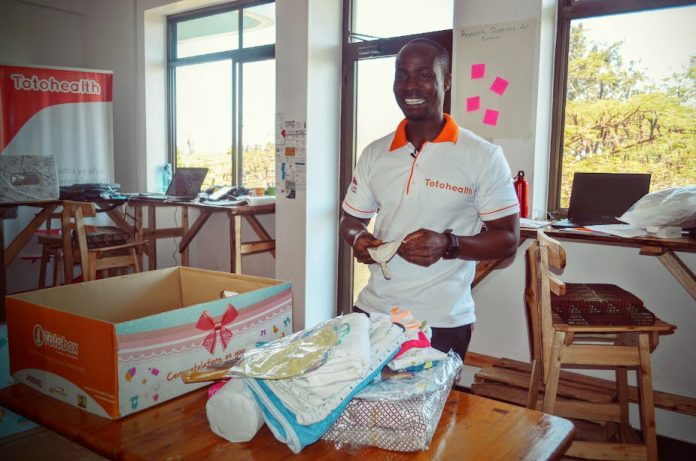In 2015, German pharma Merck KGaA launched a digital health accelerator in Nairobi, Kenya, its first such accelerator outside Germany.
“Africa is one of the most promising and dynamic digital markets with an innovative startup culture. With our accelerator program we aim to become part of it,” explained Michael Gamber, head of Merck Innovation Center.
Merck’s accelerator supports startups for three months with accommodation and office space at Nairobi Garage, a co-working space for local startups, techies and entrepreneurs; equity-free funding (the first beneficiaries received $15,000 each); access to Merck’s global network of experts for coaching and mentoring; international travel and conference opportunities; and the possibility of expansion through Merck’s Silicon Valley Extension Program.
Three years before, Microsoft Corp. launched 4Afrika Initiative, which collaborates with the nonprofit Ampion to provide financial, technical and virtual mentorships for digital health startups in Africa. Ampion, which has African, German and U.S. roots, was the first organization to initiate a program to accelerate digital health in Africa, bringing together African startups and venture capitalists, mentors, tech experts and investors from around the world.
The investments by Merck, Microsoft and Ampion exemplify the growing support for startups that use information and communication technology to improve healthcare in Africa.
Digital health is Africa’s latest and most welcome revolution. Healthcare is one of the continent’s biggest challenges. Already shouldering the world’s highest burden of infectious diseases, the region is seeing high growth rates of non-communicable diseases, such as cardiovascular diseases, diabetes, and cancer, the result of rapid urbanization and increasing adoption of Western lifestyles. Predictions that by 2019 there will be 930 million mobile phones in Africa, almost one for every person on the continent, make mobile health startups especially attractive to funders.
Indeed, sub-Saharan Africa is the fastest growing region in a global m-health market that is projected to reach $24 billion by 2018, up $4.5 billion from 2013.
In other examples of support, the African Development Bank launched the Innovative e-Health Solutions for Africa competition to identify and reward the best authentically African IT solutions for health; Barclays Africa set up a Tech Lab Africa accelerator program; Bayer AG’s Grants4Apps Accelerator allows digital health startups from Africa to join its funding and mentoring program; Royal Philips partners with incubator and seed fund 1776 to support local innovators and digital accelerator labs in Kenya; and the Dutch Postcode Lottery, one of the world’s largest private philanthropies, donated $10.6 million from its Dream Fund to m-Hakika, a joint program of Amref Health Africa and PharmAccess that makes money and quality healthcare accessible to women in Kenya directly via their mobile phone.
“There has never been a greater need for connected, sustainable healthcare, and there has never been a greater opportunity for entrepreneurs and innovators to connect people, data and technologies to transform lives around the world,” says Jeroen Tas, CEO of Healthcare Informatics Solutions and Services at Philips.
One of the first startups at the Merck Accelerator was Totohealth, a mobile and web-based network that supplies mothers and pregnant women with life-saving information and advice about child and maternal health, including possible warning signs, nutrition, reproductive health, parenting, and developmental stimulation. In December 2016 Totohealth raised $50,000 in seed venture capital from local mobile operator Safaricom and another $50,000 from Streams Capital to expand across Kenya and continent wide. It received $140,000 from Spark International in 2015 to launch in Tanzania, and won $15,000 in 2016 as a runner up in the Africa Prize for Engineering Innovation.
Also attracting seed funding are CardioPad, a tablet device that allows any medical professional to perform heart diagnostics at any location; BabyMed, a mobile service that delivers affordable and timely information on maternal and child healthcare; MomConnect, a mobile application funded by Johnson & Johnson that provides information and advice for pregnant women in South Africa; and Mobidawa, a mobile technology backed by Merck that allows patients in Africa to set reminders to take medicine and also to have a digital prescription of their medication on their phones.
With health insurance virtually nonexistent, Safaricom developed M-tiba, which allows users to save, send and receive funds via mobile phone to get healthcare services.
Bowing to the continent’s digital health revolution, Uganda’s Ministry of Health, in partnership with UNICEF, rolled out e‑Health solution mTrac to monitor disease surveillance, drug stocks and health service delivery in real time using text messaging.













